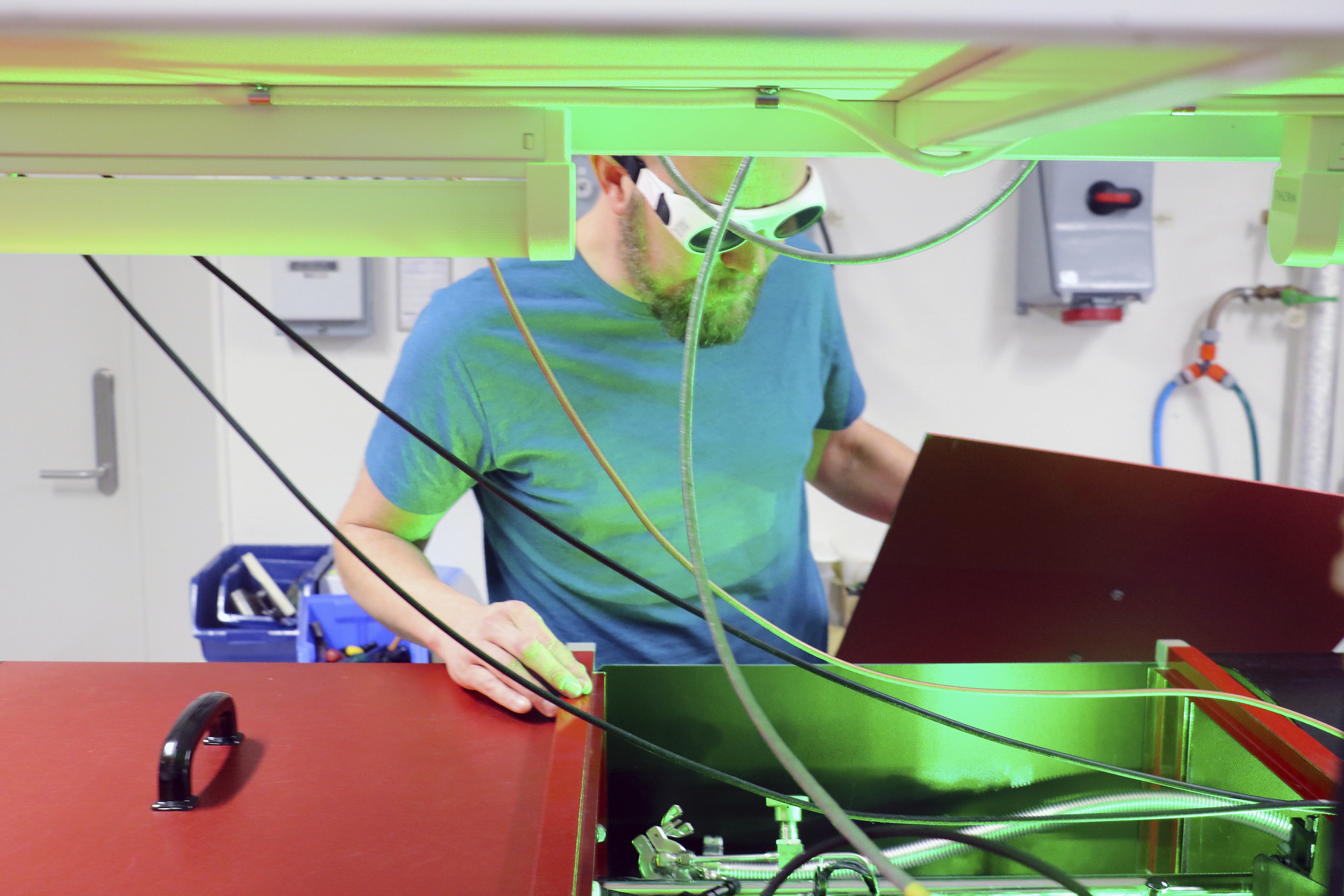Unique research project on electrons awarded grant
A research project on how to observe and control the movement of electrons will soon commence at LTH thanks to a multi-million donation from the Knut and Alice Wallenberg Foundation.
– Published 2 October 2020

Per Eng-Johnsson, professor at the Division of Atomic Physics, will receive just over SEK 25 million for doing something that no one has done before. He aims to combine two different laser-based techniques to study how matter reacts to extremely strong and rapid electric fields. The hope is to thereby gain new insights into the incredibly fast movements of electrons.
The techniques involved are two types of attosecond pulses, those that consist of flashes of light and those that consist of electrons. With the former, the researchers can, in simple terms, observe the movements of the electrons, while with the latter they can influence the movements using strong electric fields. At present, researchers at Lund University use both, but not simultaneously.
“This means that we will be able to both study and control the electrons' movements under conditions where this has not been done before”, says Per Eng-Johnsson.
The idea for the project came about in connection with the ongoing upgrade of the multiterawatt laser at Lund Laser Centre, something that will make it possible to create both light and electron pulses with pulse lengths of a few femtoseconds or even tens of attoseconds. The time scale is breathtaking: a femtosecond is a millionth of a billionth of a second. An attosecond is, in turn, a thousand times shorter than a femtosecond.
The research is basic research, but in the long run perhaps others can benefit from what Per Eng-Johnsson and his colleagues hopefully will observe. For example, For example, for creating shorter X-ray pulses for studies involving high time resolution, or for applications in photonics in the borderland between optics and electronics.
Co-applicants in the project are Olle Lundh, Anne L'Huillier and Claes-Göran Wahlström from the same department and Tünde Fülöp from Chalmers.
